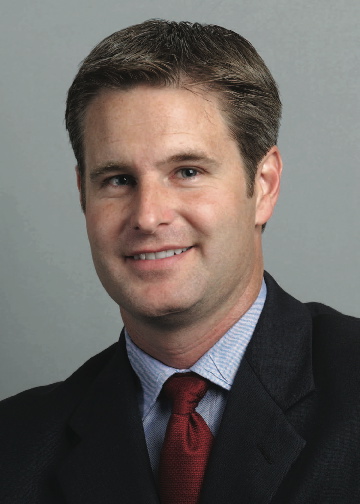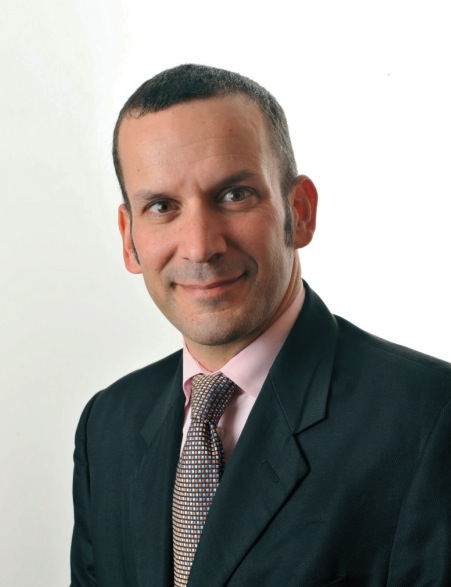
News
The low-hanging fruit of energy management
 April 8, 2011
April 8, 2011
Anthony Capkun
Last fall, Energy Management Canada was invited to participate in an exclusive Editor Day event put on by Schneider Electric US. The company gathered some of its top execs to explain the multinational’s global repositioning, and the way it will go to market under EcoStruxure. Some of the folks included: Jeff Drees, U.S. president; Barry Coflan, senior VP, Offer Development, Buildings Business; Jim Sandelin, senior VP, Buildings Business; Rob McKernan, president, Americas Region, IT Business; and Tony Gentile, vice-president, Installation Systems and Control, Power Business.
(CLICK HERE to check out video highlights from a special “Energy Management Panel” that included Schneider execs along with some prominent end users.)
April 8, 2011 By Anthony Capkun
What was interesting about this event is that a company as old and as global as Schneider deems it necessary to reposition itself and the way it goes to market in the 21st Century; because, in the 21st Century, electricity and the electrical trade are not just about connecting wires to things; no, it’s about finding ways of interconnecting things and infusing them with intelligence with the goal of consuming energy in as miserly a fashion as possible.
As Houston Neal wrote in the May 2010 edition of Electrical Business, “In the next 10 to 20 years, ‘electrical contractor’ will no longer be a suitable job title for electricians. They will transition into ‘energy contractors’ to support the fast-growing green construction market”.
Schneider, and companies like it, says its business is “no longer power” but, said Drees, “to become the global specialist in energy management”. He added, “Current building practices give no regard to the guy paying the bill”.
Studies by ACEEE (American Council for an Energy-Efficient Economy) and others quoted by Drees indicate the U.S. alone could cost-effectively reduce energy consumption by 25% to 30%. ACEEE further estimates that $300 billion was invested in energy-efficiency technologies and infrastructure in the United States in 2004 (60% in buildings, 25% in industry and 11% in transportation). Based on right set of policies, market forces and financing, that market could be worth up to $700 billion market by 2030.
That’s just the U.S. If you take the standard 10% Canadian quotient from that American figure, it means Canada’s energy efficiency market could be worth up to $70 billion by 2030. If you managed to snag just a small fraction of that amount, just think of how pretty you’d be sitting.
Some pretty impressive words of both caution and action came from Aaron Davis, Schneider global chief marketing officer. There are essentially two mindsets when it comes to the extent of mankind’s impact on the environment and climate change: those who believe we impact our environment greatly, and those who do not. Davis argued we should simply “err on the side of caution”; essentially, saving energy and reducing CO2 emissions are the right things to do—regardless of your position on global warming.
 And the quickest fixes—the low-hanging fruit, if you will—is to instill energy efficiency into our buildings and processes, and at the point of use. This is something we can do right away that will have an immediate impact as longer-term projects—like making generation and transmission more efficient—come online decades from now.
And the quickest fixes—the low-hanging fruit, if you will—is to instill energy efficiency into our buildings and processes, and at the point of use. This is something we can do right away that will have an immediate impact as longer-term projects—like making generation and transmission more efficient—come online decades from now.
Being more energy efficient is something that should be done because it makes sense, Davis argued. You shouldn’t have to wait for it to be legislated by government. “Why wait for a policy change? Can you imagine having a one-child policy like China?”
No, it’s best to tackle this movement head on. And when I say “movement”, I (like Schneider) don’t mean the ‘Green’ or ‘tree-hugger’ movement, or what have you. Drees said it best: “Green has never sold a project. There has to be financial value”.
Similarly, you must make the financial value apparent to your existing and would-be clients as you discuss ways in which you can help them manage their energy consumption to make them efficient—first and foremost. According to Drees, there’s a real shortage of energy management professionals in the market. Why not become one? If that also helps clear the air we breathe, then all the better.
Print this page